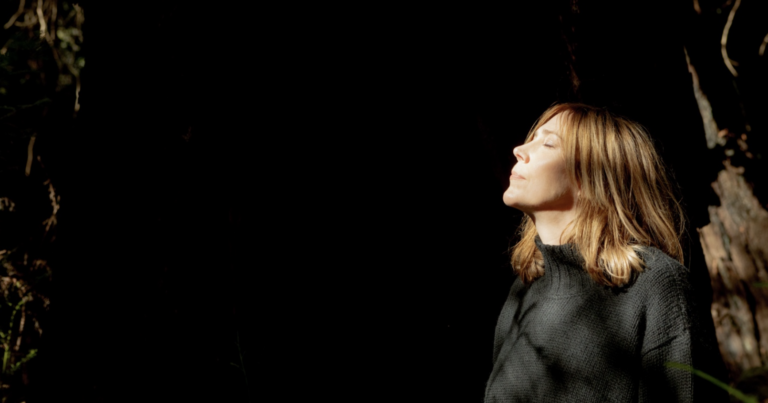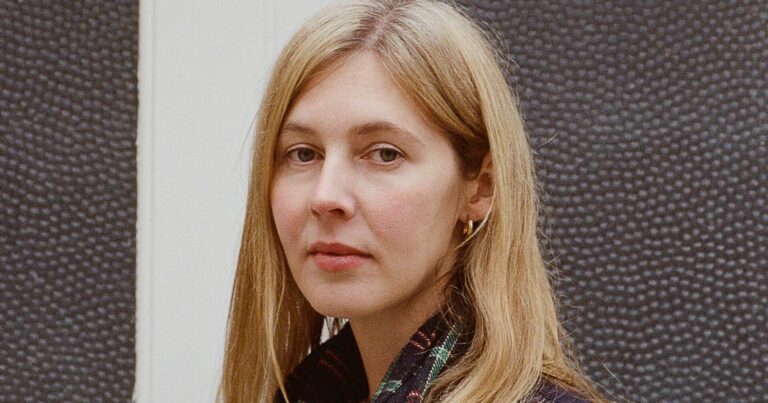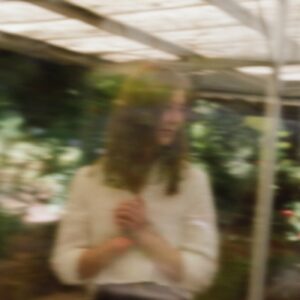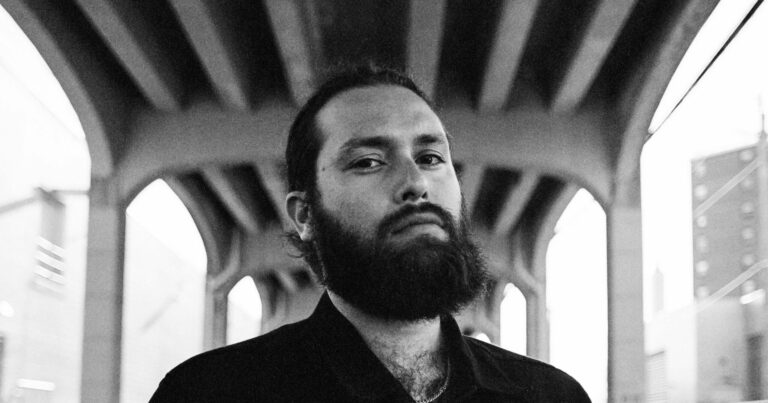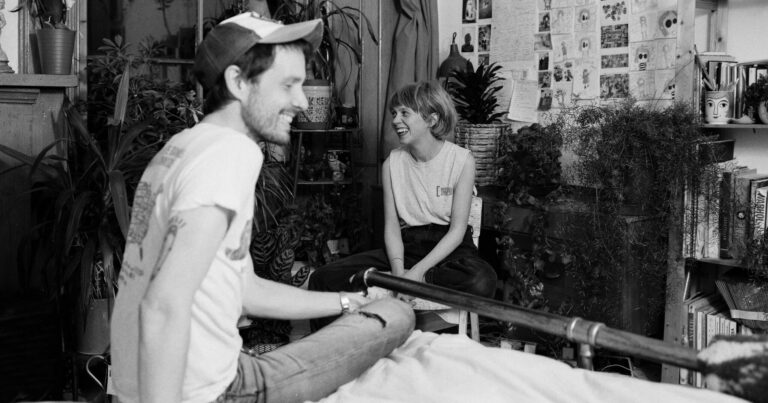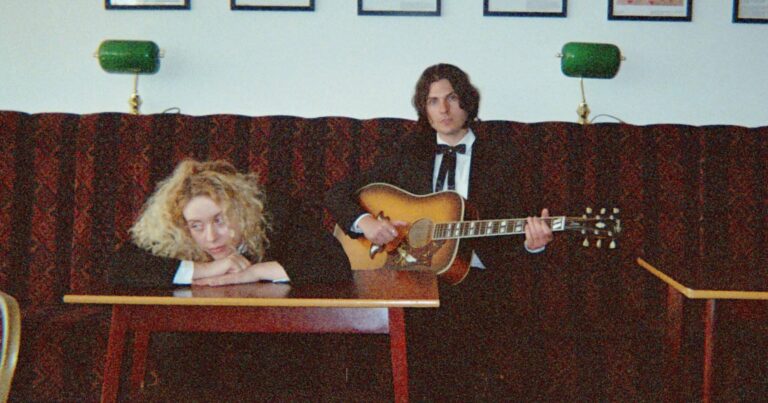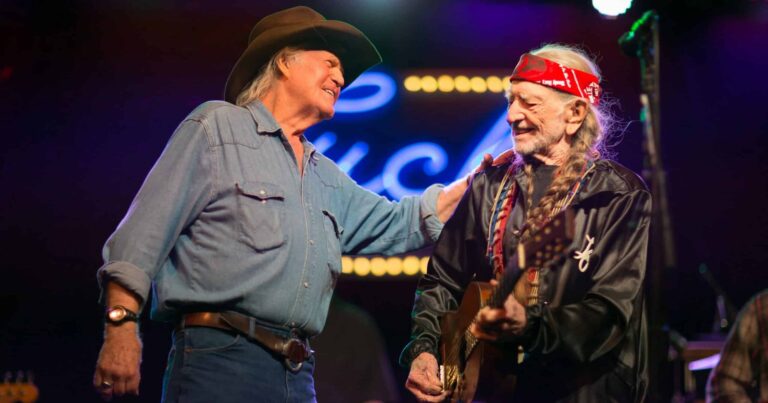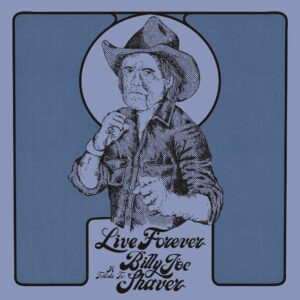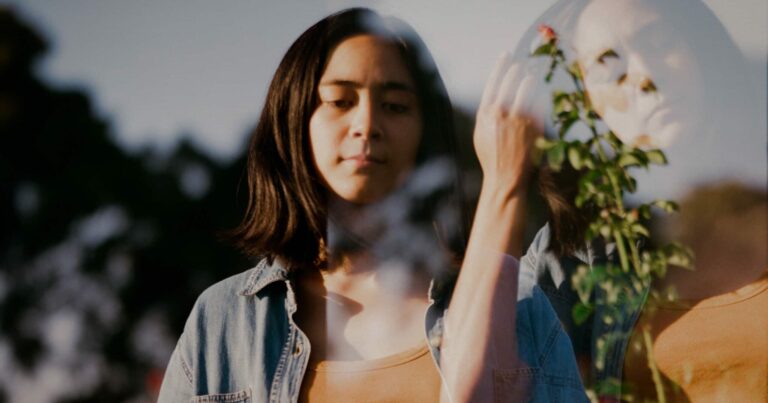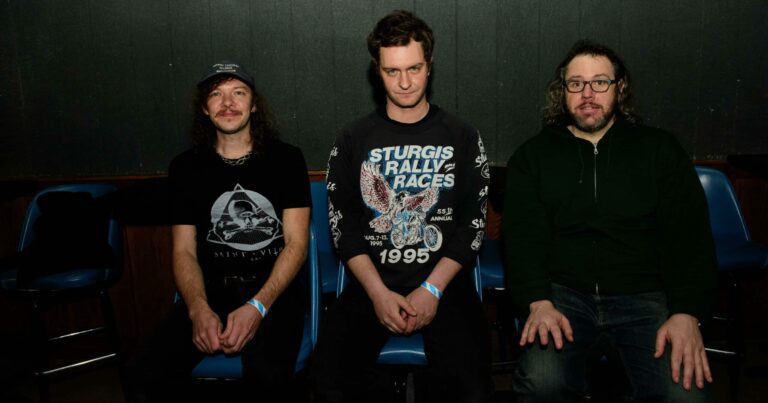PONY, the Toronto project led by Sam Bielanski, has released a new single called ‘Peach’. Check it out below.
Talking about the track, Bielanski said in a statement:
I think Peach is probably the most vulnerable song I have ever written,” Bielanski said After all, what’s more vulnerable than a Peach?
Some years ago I found myself in a relationship with someone who initially treated me like I was so special. But little by little the love seemed more and more conditional. With every bit they tried to control what I wore, who I talked to, and what I did – I lost a part of myself. It took me years to realize I was completely gone and I mistook abuse and manipulation for love. Peach is about realizing that someone who wants to have control over you is not someone who loves you.
PONY’s debut album, TV Baby, arrived last year. The band recently dropped the single ‘Did It Again’ and wrapped a tour with Fucked Up. Check out our Artist Spotlight interview with PONY.


